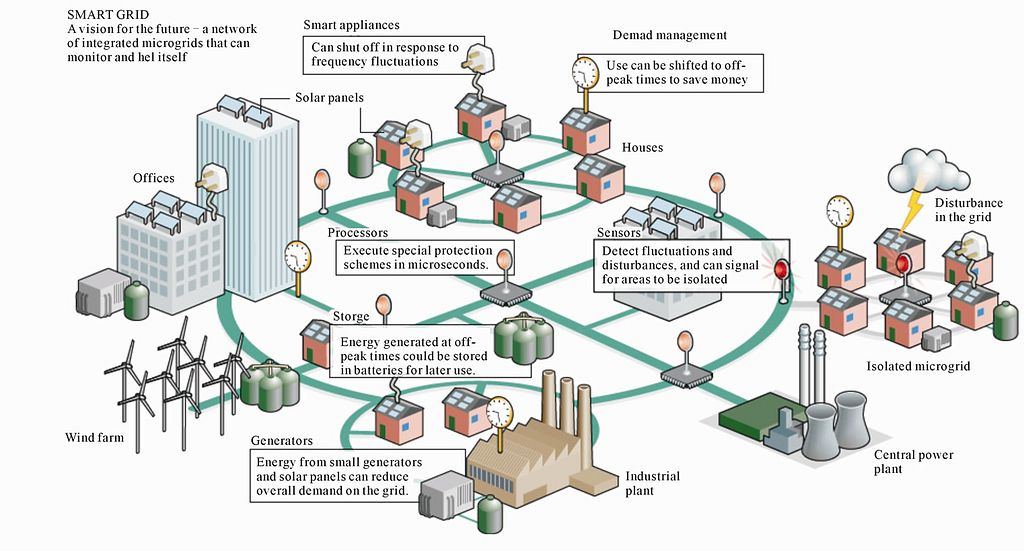The development of smart grids and the smart homes they are connected to is apparently not in sync. The aim of a symposium on the topic was to see if integration of the two is possible to contribute to a sustainable energy transition.
Around 75 attendees heard two perspectives from the smart grid and smart home sectors and then participated in a lively debate with an expert panel about measures to promote integration. It was organised on March 17, 2016 by the Royal Netherlands Society of Engineers (KIVI), the Electrical Engineering department and the Association of Electrical Engineering Students (ETV) of TU Delft.
Smart grids
Han Slootweg, of Enexis and electrical engineering professor at TU Eindhoven, sees smart grids energy as transition enablers. The present electrical power system is already quite smart in matching supply to demand. But the introduction of intermittent renewable wind and solar energy and more flexible consumption will increase complexity and reduce controllability. This can be managed with ICT technology for information exchange between actors. Low bandwidths are sufficient to cope with this extra ICT layer added to the existing grid. Slootweg echoed that integration with smart homes is needed.
Smart homes
Paul Hermans, of Aurum and PhD researcher at the faculty of Technology, Policy and Management, contrasted the regulated domain of the grid focused on balancing demand and providing security of supply with the free domain of the household where consumer choice and lowering energy bills predominate. We see innovations arriving fast to make homes smart but slowly in regulated grids, exemplified by the twelve years taken to develop smart metres. The solution could be an agent based transaction interface mediating the preferences of the grid operators and home consumers. Hermans also said we are electricity illiterate, knowing nothing about our own energy use, but this can be set right by education.
Complex transition
The panel concluded that it is not a pure technical issue and the shift will mean changing societal roles and responsibilities, but this happens slowly as changing regulations should be done with caution.
There was optimism about technological feasibility but adaptable legislation has to be in pace with innovation and government needs to provide the right incentives. Current energy tariffs do not reflect social costs, not giving consumers an indication of how to reduce consumption.



Comments are closed.